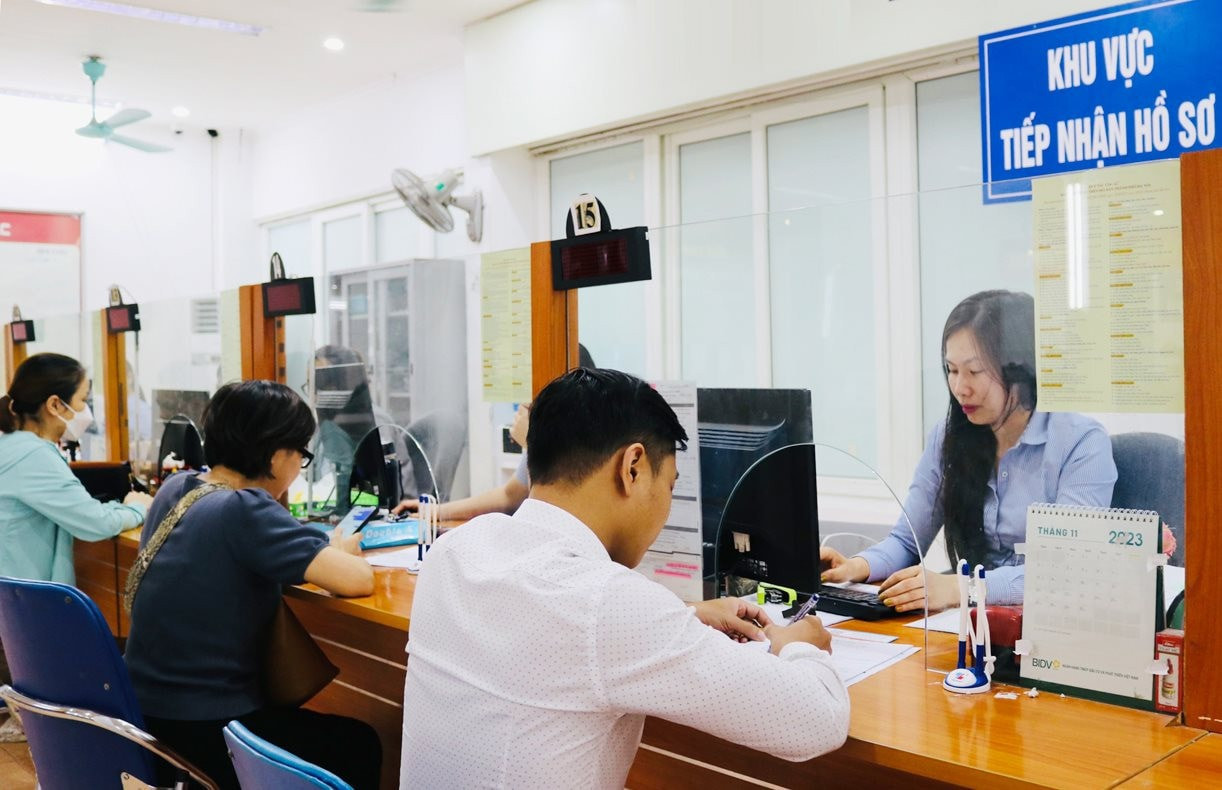
Dinh Viet B, a worker in HCM City, had contributed to the UIF for over 13 years by the time he lost his job, and received 12-month benefits, the highest level under current regulations. The contributions beyond 12 years were neither carried forward nor preserved for future claims, leaving long-term contributors like B feeling unfairly treated.
“The hard limit of 12 months of maximum benefit period causes long-term contributors to receive less than their actual contributions. This eliminates the incentive to stick with the insurance system,” said B.
B noted that the benefit, capped at 60 percent of the average salary of the last six months of contributions and not exceeding five times the regional minimum wage, is too low. Most workers, contributing at the minimum level, receive only about VND3-4 million per month when unemployed.
This amount is insufficient to cover basic living expenses like room rent, utilities, and child-rearing, let alone support retraining or job searching.
“Workers like me receive a few million each month and spend almost all of it on rent and living expenses. How can we raise our children or manage during prolonged unemployment?” B said.
Ho Thi Kim Ngan, Deputy Head of the Labor Relations Department (Vietnam General Confederation of Labor), stated that the maximum unemployment insurance rate of 60 percent of the salary paid for social insurance seems reasonable, but if converted into the actual amount of money, just over VND3 million per month is too little for a worker's family to live on when losing their job.
According to Ngan, most workers have to find new jobs immediately or take informal jobs like ride-hailing or street vending to earn their living once they lose their job. Few can afford retraining.
If the subsidy is only symbolic and not enough to sustain life, the unemployment insurance policy will hardly be able to motivate workers to re-enter the labor market.
Higher benefits proposed
Contributing ideas to draft of the Employment Law (amended), the Vietnam General Confederation of Labor proposed raising the benefit rate to 75 percent of the average salary contributed to the UIF and removing the maximum 12-month benefit. Instead, benefits should be calculated based on years of contribution to ensure fairness and alignment with contributions.
As of the end of 2024, the UIF has a balance of over VND64,300 billion, with about 16 million participants, accounting for 34 percent of the working-age labor force.
Labor expert Bui Sy Loi, former Deputy Chair of the National Assembly’s Committee on Social Affairs, argued that UIF policies should be adjusted to maximize benefits for workers while balancing the fund’s resources. Leaving a large surplus while unemployed workers receive inadequate support contradicts the humanitarian goals of social welfare policies.
Unemployment benefits should not only serve as a ‘lifesaver’, but also motivate workers to remain confident and productive, helping businesses retain quality labor.
Loi suggested reviewing the 12-month benefit cap, emphasizing that the principle must be respected. Workers who contribute more should receive proportional benefits, not a flat rate for all.
“Fixing the maximum of 12-month benefit is unreasonable and does not reflect the long-term contributions of many workers, especially laborers, public servants, and those with decades of service,” Loi said.
According to the labor expert, instead of limiting the time to receive benefits, the benefit period should be calculated based on the number of years of social insurance contributions. For example, each year of contributions is equivalent to 1 month of benefits. Employees with 15 years of contribution can receive 15 months of benefits, instead of only 12 months as currently prescribed.
This approach ensures fairness, encourages long-term participation in the UIF, and boosts confidence in social welfare policies.
Loi went on to say that the UIF is inherently a short-term, preventive, and supportive fund. However, merely providing benefits during unemployment is insufficient.
“I hope the fund will engage more deeply in retraining programs to sustain employment and keep workers in the labor market,” Loi said.
He pointed out that, with the labor market constantly changing due to automation, digital transformation, and economic downturns, workers losing relevant skills or being replaced is inevitable.
Instead of waiting for job loss to provide benefits, the UIF should proactively prevent unemployment through retraining and skill-upgrading programs.
Vu Diep